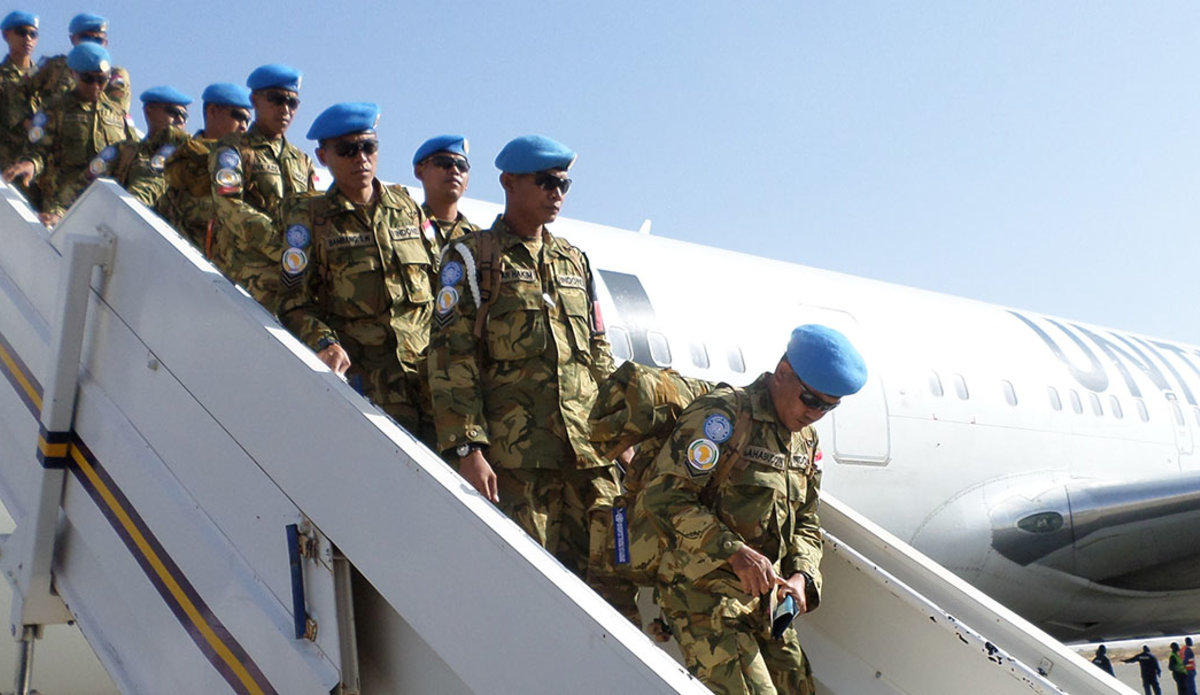Experts ask for a new civilian protection force in Sudan
22 June 2024
Considerations for implementing a new civil protection force are on the rise as the international community loses hope over a peaceful resolution to Sudan’s conflict, now over 14 months in duration.
On June 13, the UN Security Council adopted a resolution demanding that the Rapid Support Forces (RSF) halt their siege of the capital of North Darfur State, El-Fasher, on humanitarian grounds. The council demanded that all parties involved in the conflict ensure the protection of civilians, allowing them to leave the capital if requested, as well as permit unhindered access to humanitarian aid. Notably, the resolution was passed after a dramatic negotiation between the members of the council, with 14 votes in favour while the Russian delegation chose to abstain.
The Council also requested that the secretary general consult with the Sudanese authorities and regional stakeholders to provide further recommendations for the protection of civilians in Sudan. Analysts believe this move suggests the intention of some of the council members to initiate another mission to Sudan.
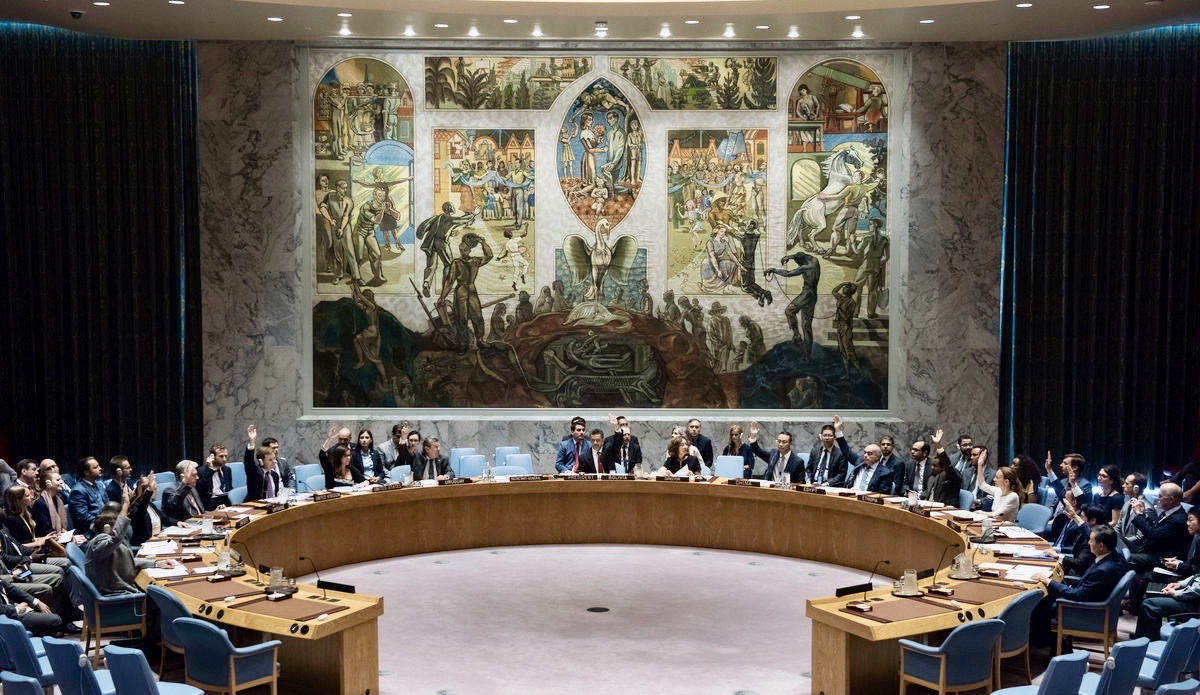
US special envoy to Sudan, Tom Perreillo, stated in an interview that Sudan needs an alternate plan if the expected new negotiation round in Jeddah fails between the warring parties. “I think the world needs to be thinking about a plan B, which probably is peacekeepers in some form under the African Union or the UN,” he said. “I’ll be the first to say there’s no political will for that now, but we will need to start building some of that in a situation where the two parties are not able to negotiate a deal.”
In a meeting with a group of Sudanese in Nairobi, Perriello said there were ongoing discussions within the AU and IGAD focused on protecting civilians from the ongoing conflict, affirming that his country and regional states support these steps.
A source familiar with the discussions but requested anonymity, told Ayin that there are ongoing consultations to send forces, most likely African, to Sudan to protect civilians. “It is essential to stop the war first, even temporarily, so that the forces can effectively protect civilians and humanitarian aid,” said the source.
Gerit Kurtz, a researcher at the German Institute for International and Security Affairs, sees little chance of passing such a resolution via the UN Security Council and places more hope through regional mechanisms. “The UN Security Council is largely blocked because of the bad relations between Russia on the one side and the US, UK and France on the other among the permanent members. Therefore, only the AU Peace and Security Council or the AU Assembly could authorise an African deployment,” he said.
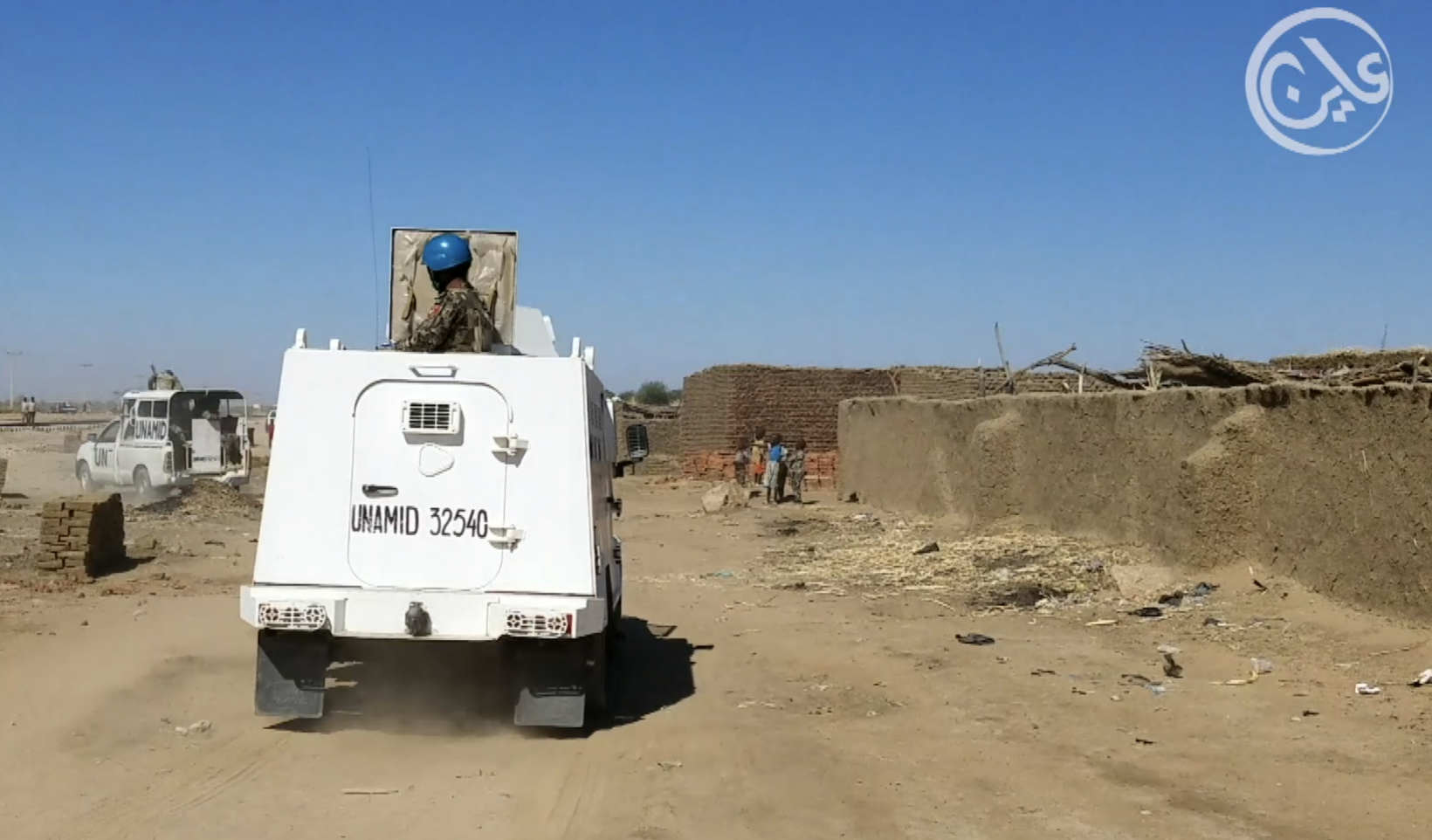
Long-term request
Stakeholders in Sudan have appealed for the prioritisation of the protection of Sudanese civilians who are inside the war-stricken country. With over 10 million conflict-displaced and US estimates of 150,000 dead in the ongoing conflict, Sudan is now considered one of, if not the greatest humanitarian catastrophe globally.
Discussions around deploying civilian protection forces to help mitigate the escalating violence have become key focal points in local and international meetings.
As early as July 2023, the IGAD quartet group comprising of Kenya, South Sudan, Djibouti and Ethiopia, requested a meeting with the East African Standby Forces (EASF) to discuss the potential deployment of troops for civilian protection and to ensure humanitarian access.
The announcement was met with a strongly worded rejection by the de-facto Sudanese Ministry of Foreign Affairs, which announced in a public statement that the government of Sudan rejected the deployment of any foreign forces within its borders and would consider them a force of aggression. Noteworthy, these forces can be deployed at the request of the host country or by a decision of the African Union’s Peace and Security Council (PSC) or Assembly of Heads of State.
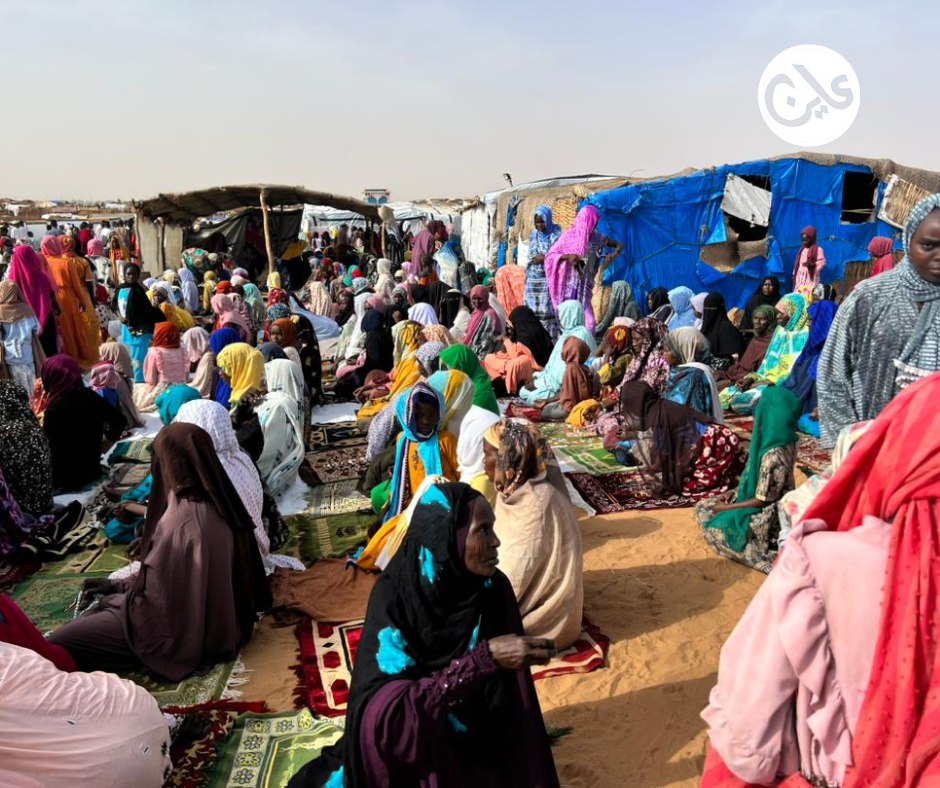
A dire future
Experts warn that if no solution emerges to protect civilians, a dire future awaits those Sudanese trapped within the conflict zones in the country. “Sudanese Armed Forces (SAF) and Rapid Support Forces (RSF) continue to use explosive weapons in densely populated areas. RSF deliberately targeted and burned communities outside the city, according to available open-source information, and SAF’s airstrikes inflict harm,” said Mohamed Osman, a Sudan researcher at Human Rights Watch. “There is also a worrying uptick in targeting activists, civil society, and political leaders, especially by SAF’s military intelligence,” he added.
Kurtz warns of further mass atrocities perpetrated by hate speech. He expressed concern that the current polarisation is taking on a tribal dimension and that civilians arm themselves either for self-defence or to join a warring party. “There is a high risk of targeted attacks against civilians based on their ethnic identity if the RSF manage to capture El Fasher,” he said.
Canada’s first resident diplomat in Sudan, Nicholas Coghlan, pointed out there is no momentum towards serious negotiations of any kind by the RSF and the SAF.
“The humanitarian situation is set to deteriorate quite fast as the effects of months of agricultural abandonment set in and the RSF siege of El Fasher tightens.”
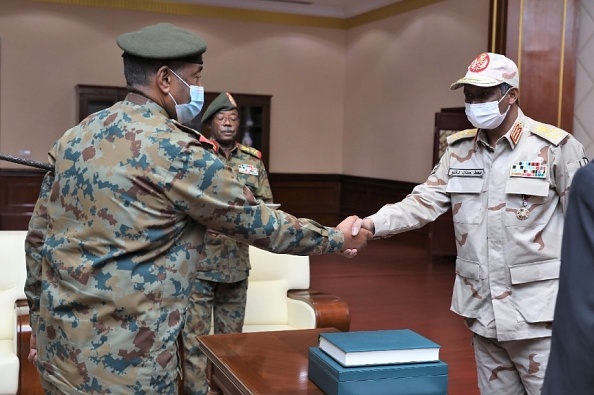
A ceasefire first
Coghlan believes a ceasefire agreement is necessary before any country will commit to deploying any troops in Sudan. “It would require at least a tentative, possibly partial, ceasefire and the acquiescence of both parties. I cannot see that any foreign country would be disposed to risk the lives of its soldiers in the current context.”
Bakri Al-Jak a spokesman for the civilian-led anti-war coalition, “Taqaddum” (meaning “progress” in Arabic), denied knowledge or participation in the ongoing discussion. “The notion of deploying forces without a peaceful process and ceasefire would pose a challenge, necessitating a complex effort involving regional countries and the Security Council.”
Any civilian protection force will require a unified position by international actors, along with a genuine concern for the plight of millions of conflict-affected Sudanese citizens. “The world should also spare no effort into pushing warring parties to accept the deployment of civilian protection missions, but the priority now is for the world itself to agree and discuss what the options are to do so in the first place,” Osman said. Kurtz argues that the international community could exert more influence over the warring parties, especially given the significant financial and military flows benefiting them.
Ayin contacted SAF spokesperson, the paramilitary RSF advisor, and Sudanese foreign minister for comments. None, however, responded to the request by time of publishing.


